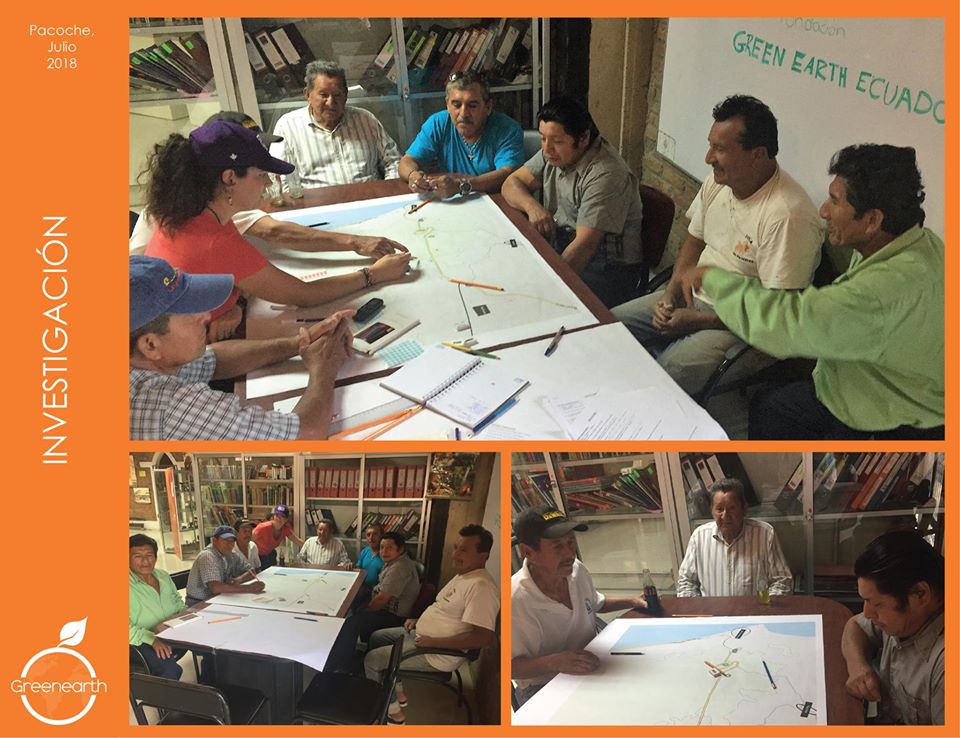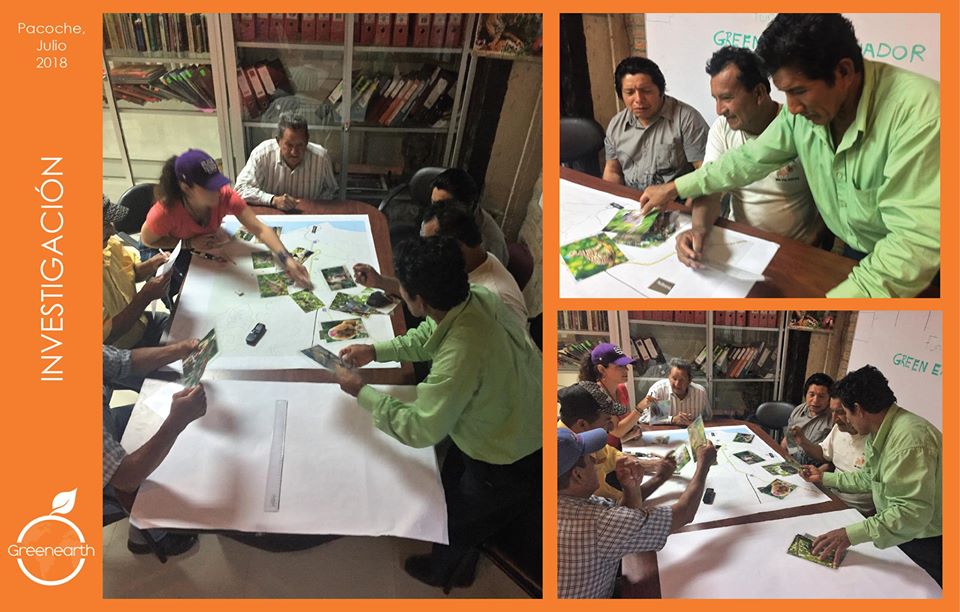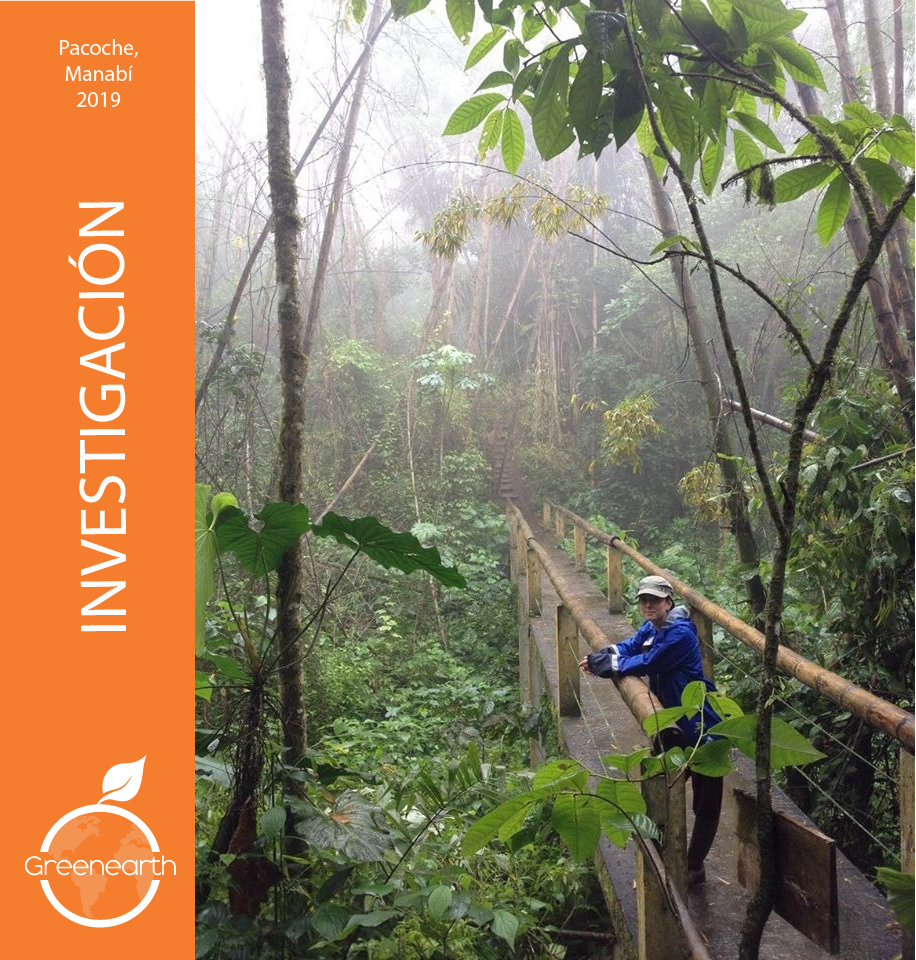Critiquing the Conventional PA Model through Local Ecological Knowledge in the Pacoche Refuge (2018- 2019)
Buried beneath the exclusionary colonial history of the protected area paradigm, it is now recognized that some of the most biodiverse places on earth are home to some of the poorest human populations. It is these communities who carry the burden of conservation and get little to nothing in return. In the age of the climate crisis, conservation problems are social problems and the importance of engaging local people in participatory approaches to park management is now widely recognized. This study questions the extent to which this participatory approach is practiced through a case study from coastal Ecuador in the Pacoche Wildlife Refuge. This research investigates residents’ perceptions of conservation and involvement in protected area decision-making and makes site-specific recommendations to improve participation in park initiatives. Ethnographic data were collected from 20 subsistence farmers from the community of Pacoche between June and August 2018, and 2019. Despite park policy, results indicate that residents felt that their voices were not heard during decision-making processes and frustration over the unequal enforcement of regulations based on wealth. Results also reveal contentious relationships with the Ministry of the Environment regarding compliance over natural resource extraction regulations; in particular, guadua bamboo. Participants expressed value in the conservation of local resources for future generations, however they expressed that their knowledge on sustainable bamboo harvesting practices was minimized by park regulations. Recommendations for future participatory implementation include: 1) finding ways to incorporate local ecological knowledge in conservation education and park policy, as well as 2) training community members on the methods for monitoring natural resources to stimulate a sense of local ownership and empowerment.


